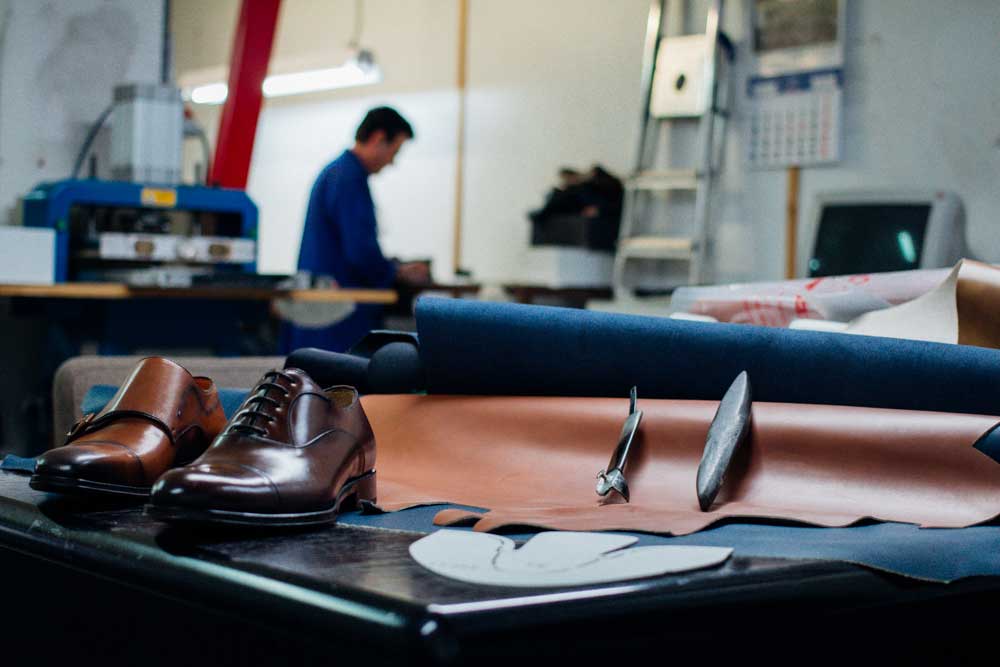
Unwrapping the Leather Dilemma: Is it an Ethical and Sustainable Choice?
In the world of fashion and luxury, leather has long been celebrated as a symbol of quality, craftsmanship, and timeless style. Yet, as we tread further into the 21st century, the ethical and sustainable aspects of this material have come under scrutiny, sparking an essential conversation within the fashion industry.
Is leather an ethical and sustainable choice? The answer, as with many complex issues, lies in shades of grey.
The Pros:
Craftsmanship and Durability: Leather products often stand the test of time, providing consumers with long-lasting, timeless items that can be passed down through generations.
Biodegradability: Unlike synthetic materials, leather is biodegradable, reducing the burden on landfills.
Resilient Natural Material: Leather is incredibly durable and can endure harsh conditions, making it a practical choice for many applications.
The Cons:
Animal Welfare Concerns: Leather production is inextricably tied to animal agriculture, raising concerns about animal welfare. However, ethical practices within the industry are emerging, such as responsible sourcing, byproduct utilization, and reduced use of harmful chemicals.
Environmental Impact: Traditional leather tanning processes can be harmful to the environment due to the heavy use of water, energy, and toxic chemicals. Sustainable practices and innovations, such as vegetable tanning and chrome-free leather, mitigate these issues.
Questionable Labor Practices: In some regions, labor practices in the leather industry have been less than ideal, leading to concerns about worker rights and fair wages. Ethical brands prioritize fair labor practices and transparency in their supply chains.
Organizations and Practices:
Various organizations and initiatives are dedicated to ensuring that leather production becomes more ethical and sustainable. For instance, the Leather Working Group (LWG) is a multi-stakeholder group working on responsible leather production, while the Ethical Trading Initiative focuses on improving worker conditions. Many brands now participate in traceability programs, guaranteeing transparency and responsible sourcing in their leather supply chains.
Furthermore, innovation plays a pivotal role in addressing leather's challenges. Labs are exploring alternatives like lab-grown leather, mushroom leather, and plant-based materials that replicate the look and feel of traditional leather without the environmental and ethical concerns.
In conclusion, the journey towards making leather an ethical and sustainable choice is an evolving one. The fashion industry is at a crossroads where responsible practices and innovation are reshaping the narrative surrounding this iconic material. Whether or not leather fits within your personal ethical and sustainable framework may depend on the brands you support and the processes they employ.
It's a discussion that will continue to gain momentum, ensuring that fashion becomes not only a symbol of style but also of responsible choices for our planet and its inhabitants.